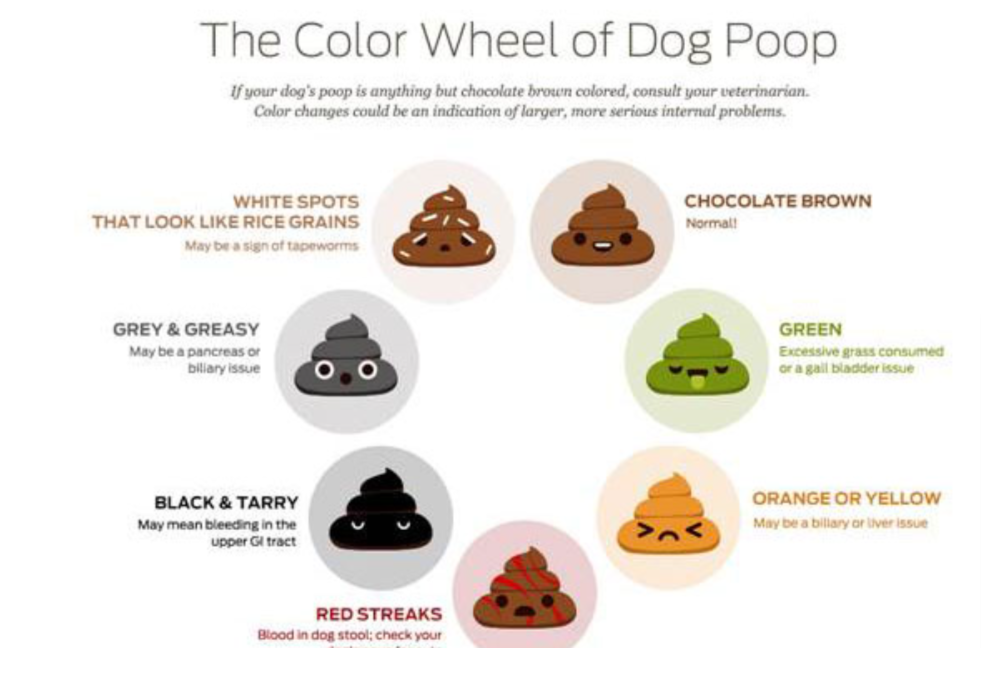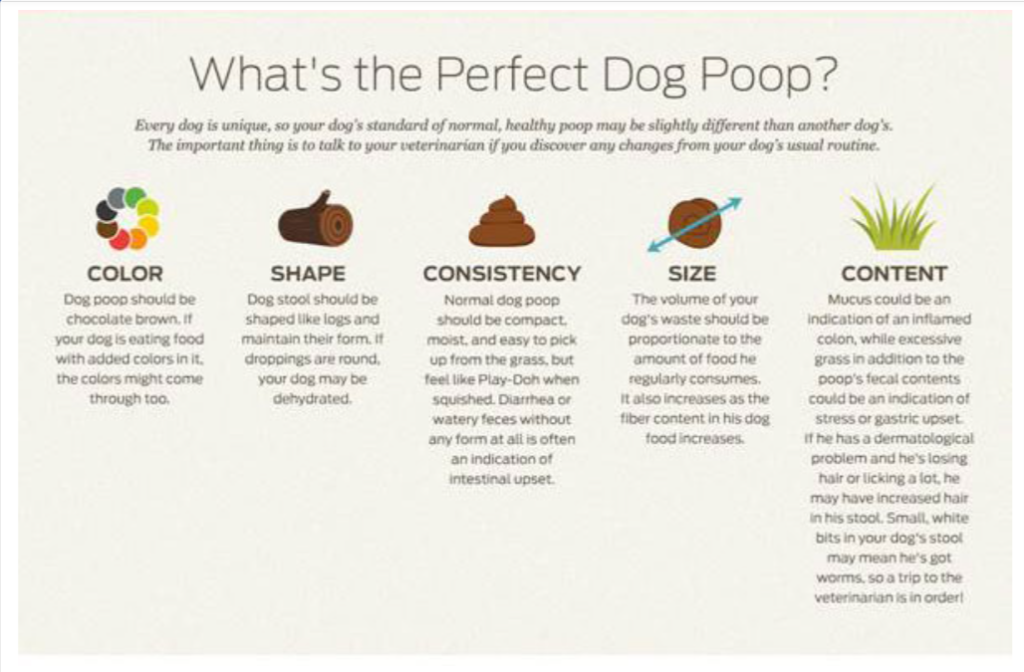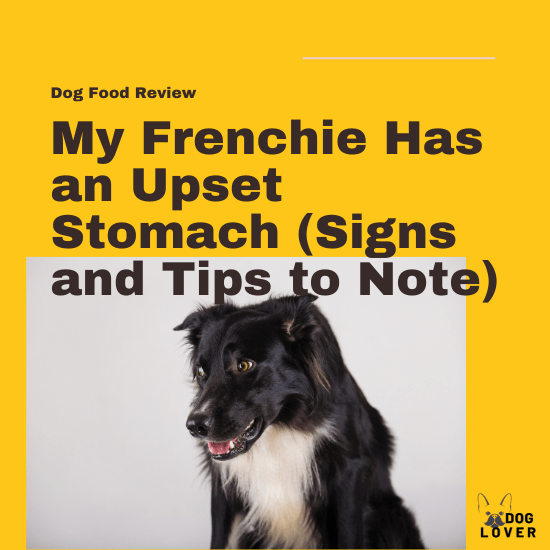What is dog diarrhea, and how do I cure it?
If this is your question, you’ve come to the right place.
Come with us as we explore and explain more about this condition.
Diarrhea in Dogs
Diarrhea, which is marked by loose, runny, and unformed stools that occur more frequently, is a common canine affliction for several reasons. It can result from mild intestinal distress that can be treated easily or indicate a more severe or life-threatening disease like organ failure or cancer requiring more involved treatment.
Characteristics of Small Intestinal Diarrhea
Small intestinal diarrhea occurs from the small intestines, and it’s marked by frothy and fatty stools produced at a normal frequency.
This type of diarrhea has the following characteristics:
- Weight loss
- Large amounts of stool
- Excessive gassiness
- Mild increase in the frequency of bowel movements
- Prominent gut sounds
- Vomiting
- No difficulty pooping
- Black or tarry stool
Characteristics of Large Intestinal Diarrhea
This arises from the large intestines or colon and can be caused by stress, cancer, colon ulcers, whipworms, or inflammatory bowel disease.
The characteristics of large intestinal diarrhea include:
- Small volumes of stool
- Increased pooping frequency, usually more than 5 times a day
- Blood or mucus in the stool
- No weight loss
- No vomiting
- Straining to defecate
What’s the Perfect dog poop?

The size, shape, color, and consistency of your dog’s poop can be a good indicator of its health. The perfect dog poop should be compact, moist, log-shaped, chocolate brown, and proportionate to the amount of food your dog ate. The poop should come in a cookie dough consistency and maintain its shape even when picked up or moved.
Runny, watery, blood or mucus stained, and larger than normal amounts of poop indicate a problem. Orange, gray, or green colored stools can indicate organ problems, including the pancreas, liver, or gall bladder. Black or white stools could be a sign of internal bleeding or the presence of tapeworms, respectively.

What causes diarrhea in dogs?
Loose stools in dogs can be due to many reasons. The following are the most common causes of diarrhea in dogs.
- Dietary indiscretion: Dogs are known to eat anything, including spoiled food, garbage, table scraps, and anything from the ground.
- Food intolerance: Dogs that are sensitive to certain foods may experience diarrhea, which is an adverse reaction.
- Diet change: Switching your dog’s diet too suddenly can result in diarrhea
- Ingesting toxic substances or plants
- Swallowing indigestible non-food items like toys, socks, and wrappers
- Intestinal parasites like giardia, hookworm, roundworms, and hookworms
- In dogs, there are viral and bacterial infections such as canine coronavirus, parvovirus, salmonella, and distemper.
- Digestive issues like inflammatory bowel disease
- Effects of medication and supplements
- Medical issues such as kidney or liver problems or certain cancers.
When should you contact your vet?
For healthy dogs with an immune system, simple home remedies can help improve diarrhea within a few days. However, if diarrhea extends for long periods or keeps on recurring, it’s advisable to see a vet.
You should also contact a vet immediately if your dog has the following symptoms;
- Weakness and lethargy
- Bloody stool
- Excessive drooling
- Fever
- Lack of appetite
- Signs of dehydration
How Can You Stop Diarrhea in Dogs?
Depending on the severity, there are various ways of stopping or treating diarrhea in dogs. You can treat mild diarrhea using home remedies. However, more severe cases of diarrhea need immediate medical intervention.
Home Remedies for Dog Diarrhea
Some cases of diarrhea in dogs can be handled at home without the need for a vet’s visit. The following are easy home remedies for mild diarrhea in dogs,
1. Give rice water: Rice water effectively relieves diarrhea in dogs. You can boil premium-quality rice in lots of water, remove the grains, and offer the remnant fluid to your dog.
How to make rice water
Making rice water is very easy. All you’ll need is good quality rice and water.
Ingredients
Water
Rice (white rice is preferable)
Instructions
Boil a single cup of white in at least 4 cups of water for between 10-30 minutes until the water attains a creamy white color.
Remove the grains from the liquid and let it rest. Set the cooked rice aside for later use
Serve the cooled water to your dog as often as possible.
2. Bland Diet: You can offer a bland diet consisting of plain, boiled, boneless, and skinless chicken and rice for a few days can help soothe your dog’s tummy and make it feel better
How Long to Keep Your Dog on a Bland Diet
You can keep your dog on a bland diet for up to two weeks, during which you can continue giving small amounts of this food every 3-4 hours.
3. Fasting: If your dog develops diarrhea suddenly, you can withhold food for 12-24 hours to determine the cause of the stomach upset and allow its digestive system to settle.
4. Rest: provide a quiet and comfortable place for your dog to rest and recover. The place should be close enough to the door and have an easy-to-clean floor.
Other Things That Can Help With Diarrhea
There are other things besides a bland diet, water, rest, and rice water that can help with diarrhea in dogs. These include:
- Probiotics: These are live microorganisms that help keep your dog’s digestive system in good health. Probiotics can help maintain a good intestinal bacteria balance and aid digestion which boosts the immune system of dogs. Giving plain, unsweetened, and regular yogurt can supply probiotics and help in relieving diarrhea.
- Fiber: Feeding foods like pumpkin can provide a good source of fiber which encourages the growth of good bacteria and inhibits harmful bacteria in a dog’s intestines.
Over-the-Counter Medications and Why They Are Best to Avoid
Over-the-counter medications such as Imodium and Pepto Bismal can offer relief for diarrhea in dogs. However, these should be avoided as they can potentially cause more harm than good if given inappropriately. Giving the wrong dosage can cause toxicity which can be fatal. Additionally, your dog may have issues like intestinal bleeding, which you may be unaware of. Giving these medications can complicate the issues more.
Tips for Cleaning Up When Your Dog Has Diarrhea
A dog that has diarrhea can leave your place in a mess. The following tips can help you in cleaning up;
- Ensure you wear gloves and use an effective disinfectant in cleaning the soiled area
- Clean the dog’s bottom using antibacterial soap if it’s soiled
- You can collect and keep a sample of stool, just in case your vet requests for it to run some tests
- Let your dog stay in an enclosed, easy-to-clean area but ensure you take it out regularly.
- It’s easy to pass diarrhea to other people or dogs if caution is not exercised. Therefore, to avoid passing the infection to other pets or children, it’s important to maintain high hygiene standards and keep the affected dogs separated from the rest.
Is bloody diarrhea an emergency in dogs?
Yes, bloody diarrhea is an emergency that can be fatal if left untreated. Thus, it requires immediate veterinary care is crucial to save the dog.
What do you feed a dog with bloody diarrhea?
If your dog has bloody diarrhea but seems okay, you can give it a bland diet consisting of plain, boiled, boneless, and skinless chicken with rice for two to three days.
What causes foul-smelling diarrhea in dogs?
Foul-smelling diarrhea could indicate serious underlying conditions like giardia, parvovirus, intestinal parasites, or dietary issues. It’s thus crucial to consult your vet if your dog has it.
Why is my dog’s poop like water?
Watery poop can be a result of stress, effects of medication, indiscretion eating, including overeating, garbage or table scraps, or a sudden change in your dog’s diet.
What does Giardia diarrhea smell like?
Giardia diarrhea caused by a parasite called giardia produces an explosive, greasy, foul-smelling watery poop.
Over To You
Diarrhea is a common occurrence in dogs. This can be caused by eating too much food, eating spoiled food, ingesting poisonous or toxic substances, parasitic infections, bacterial and viral infections, stress, or effects of medication.
Mild diarrhea can be easily treated at home by feeding a bland diet, giving rice water, keeping your dog hydrated, using probiotics, or giving fiber.
However, if diarrhea persists for a few days or keeps recurring, you should seek veterinary care. Bloody diarrhea is also a serious condition that requires immediate vet care.
Well, there’s everything you need to know about diarrhea in dogs and how to handle it.
So, don’t be confused the next time your pup has watery poop.
Happy parenting!


